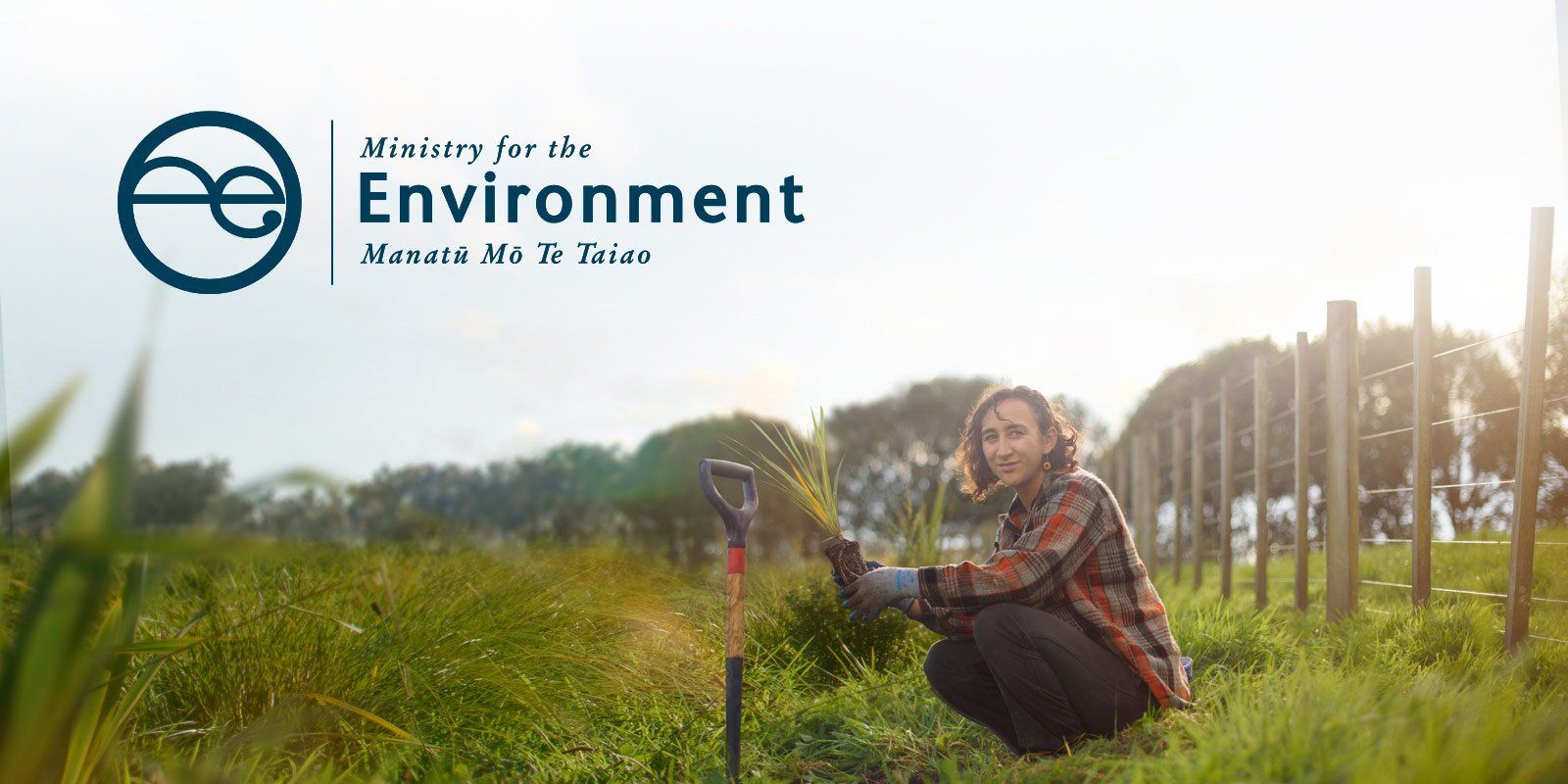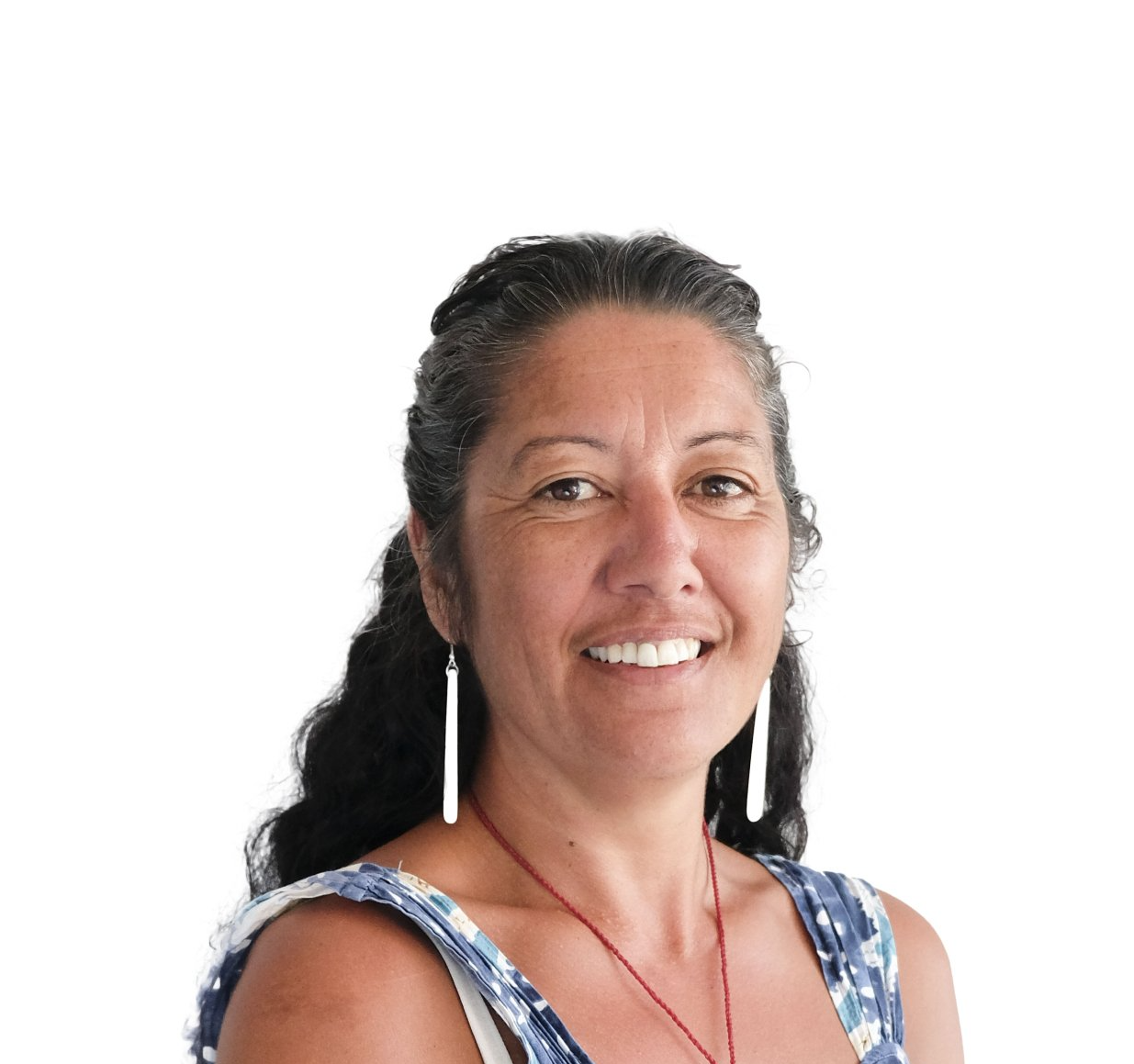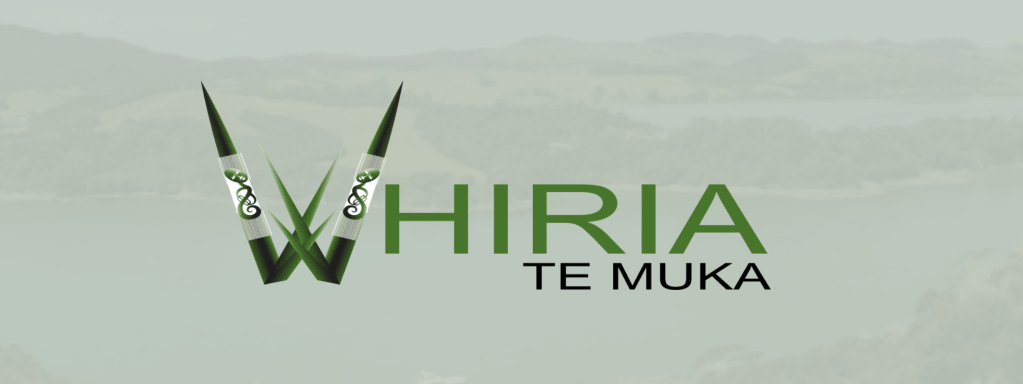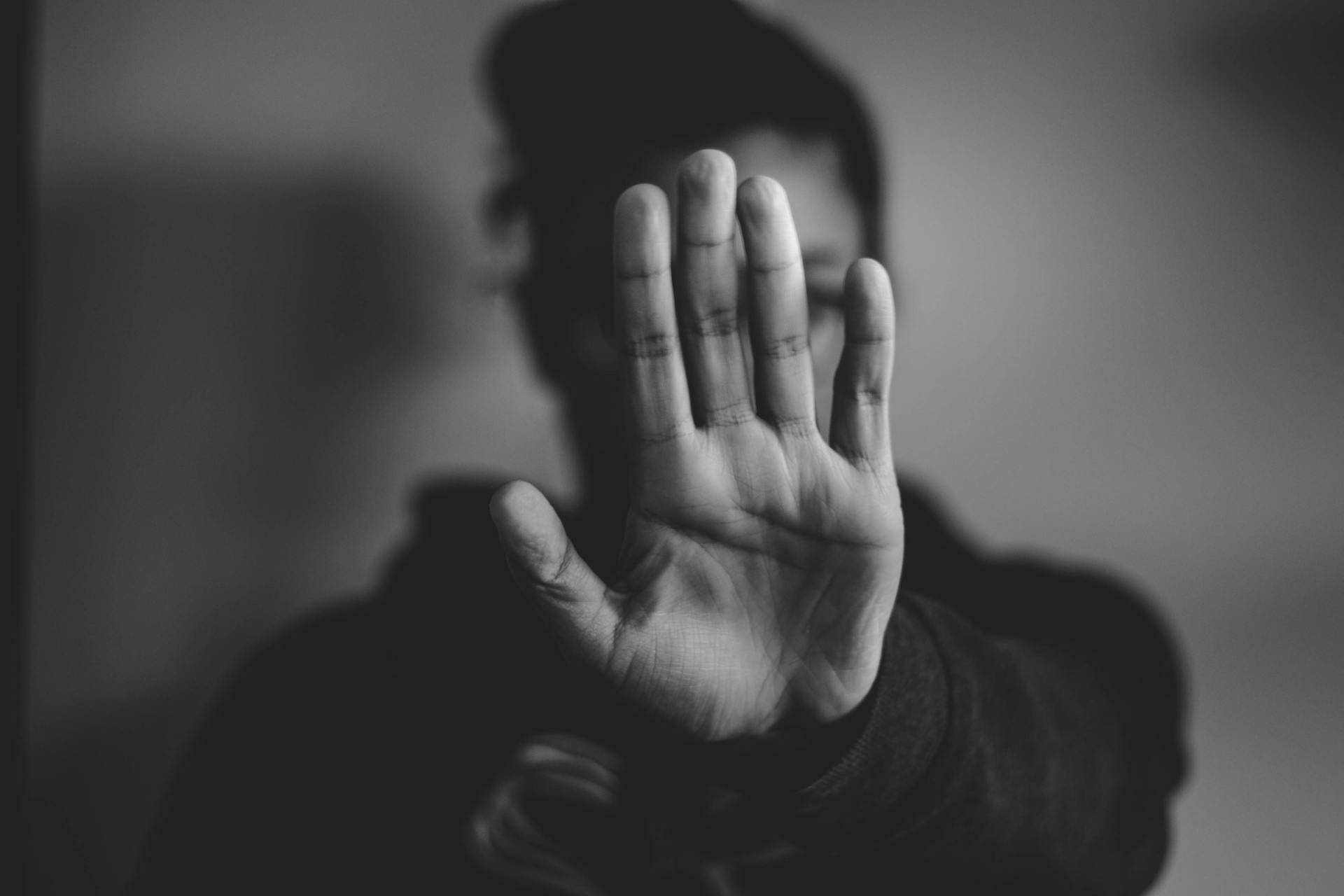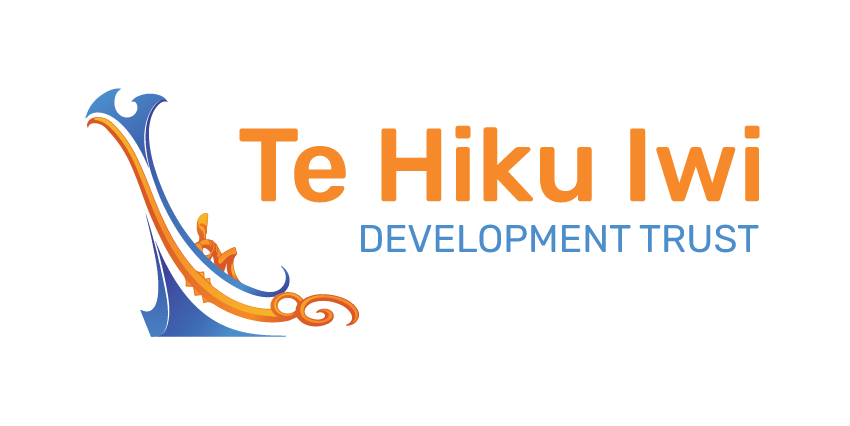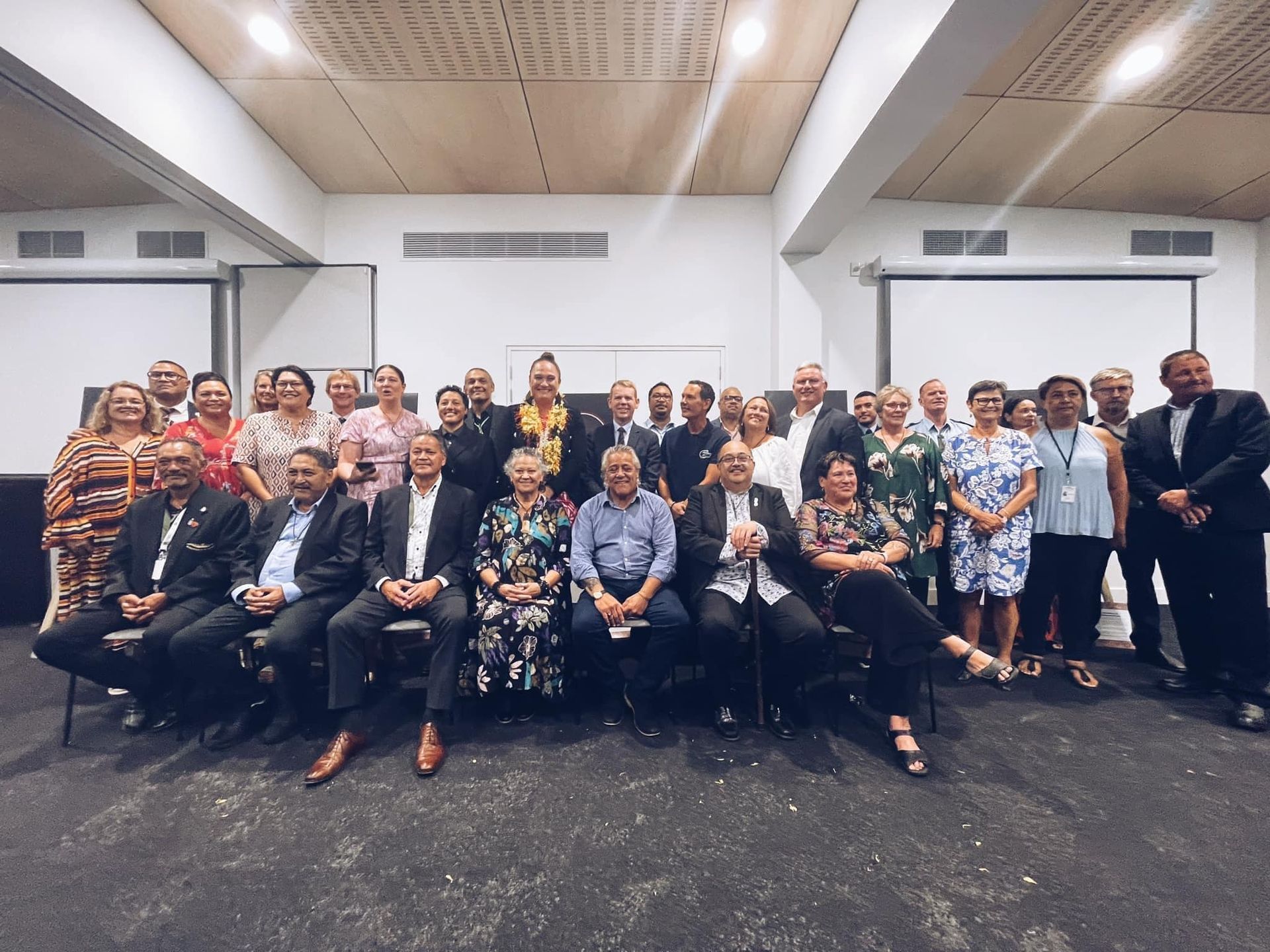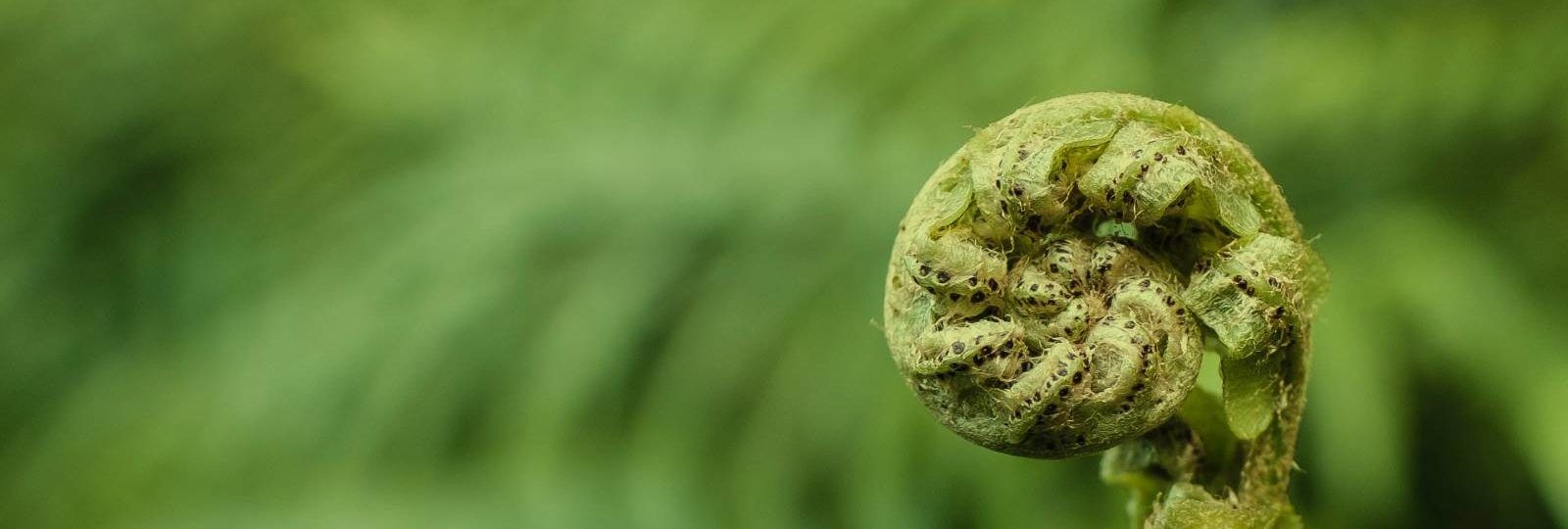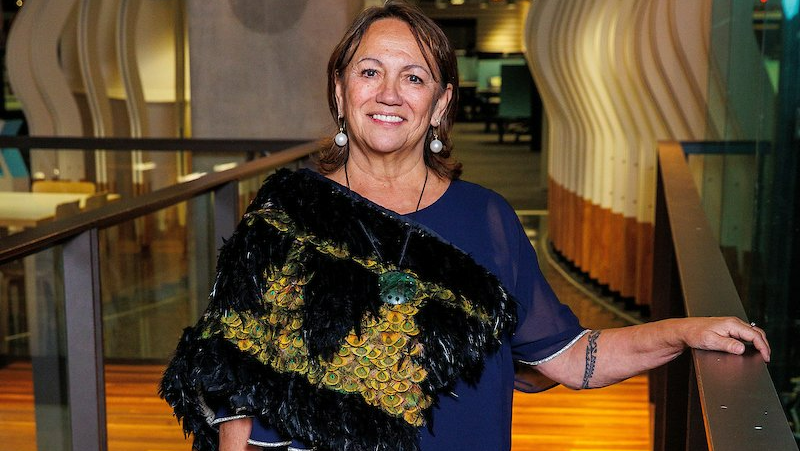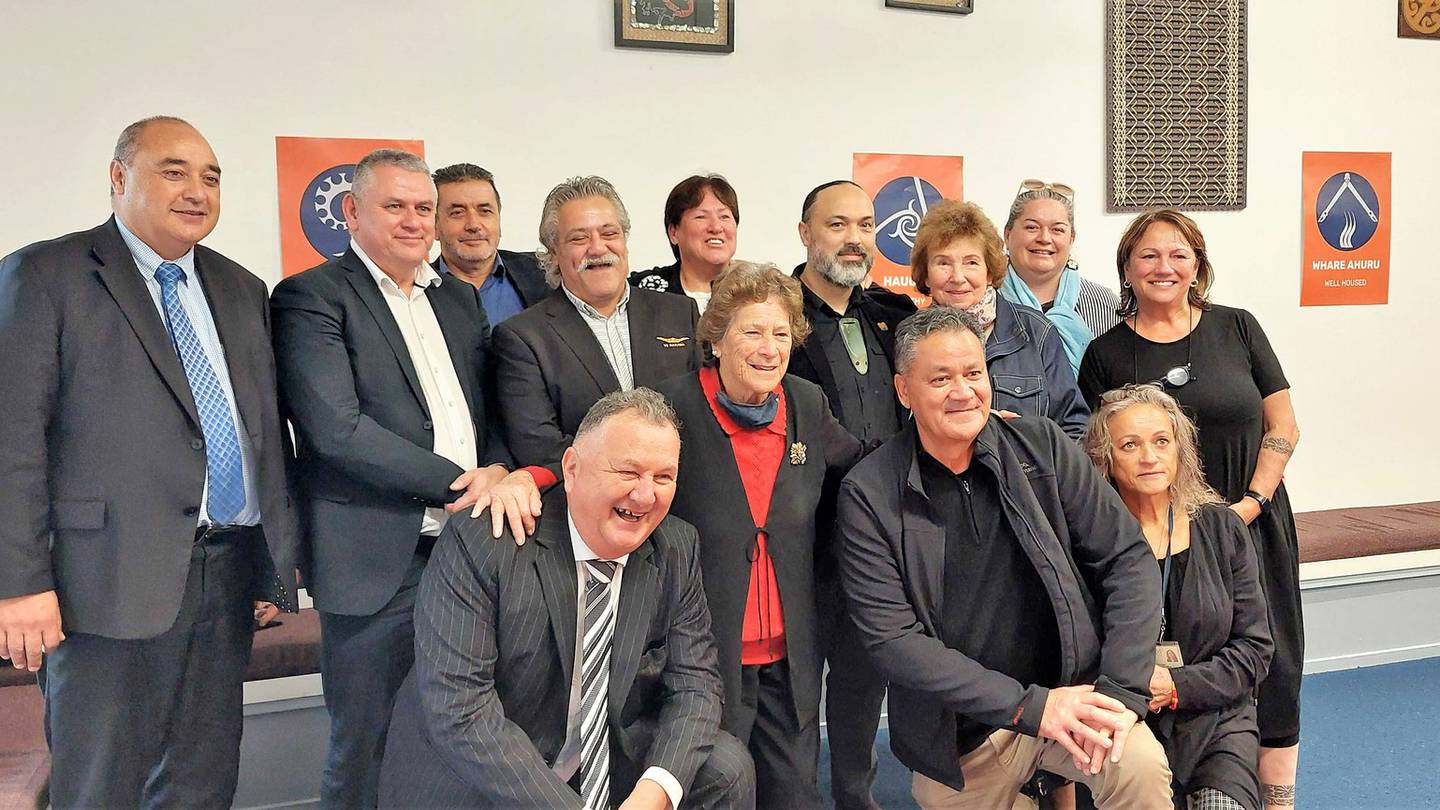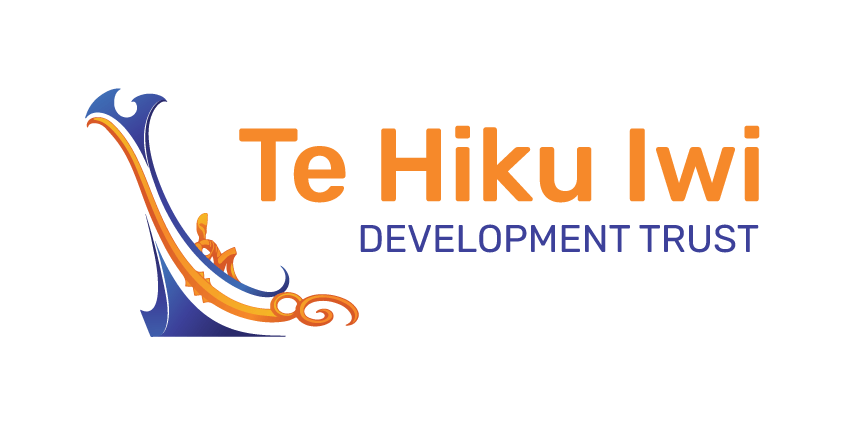Te Hiku Iwi Development Trust carry Te Hiku o Te Ika Whānau Voice into the Justice Committee Whare
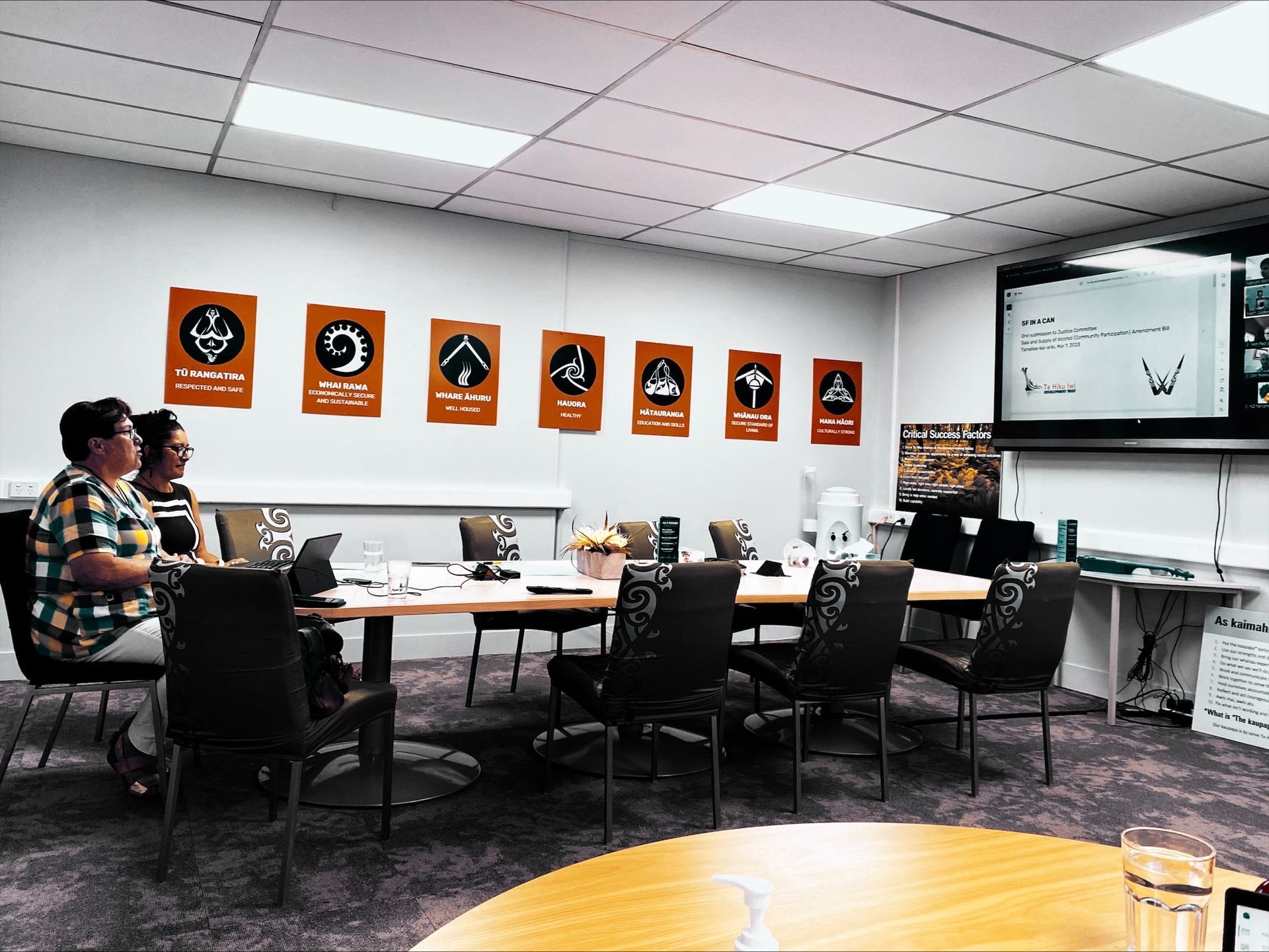
On the 1st of March 2023, Te Hiku Iwi Development Trust CEO Carol Berghan alongside Whiria Te Muka Kaiwhakapā Erena Hodgkinson carried the pou of lifting Te Hiku o Te Ika whānau voice into the Justice Committee oral submission process as they look to amend the ‘Sale and Supply of Alcohol’ bill.
“We have called our submission 5F in a can and we want to unpack that for you.. 5F is a family harm investigation and report filed by Police following a 111 call for whānau harm. Alcohol features in a quarter of all 5F (reports) in Te Hiku. Our submission is based on alcohol harm and reported family violence in Te Hiku”.
- CEO of Te Hiku Iwi Development Trust, Carol Berghan.
What’s the official process?
Bills are proposals to make a new law or to change an existing one. Only Parliament can pass a bill. Each bill goes through several stages, giving MPs and the public the chance to have their say.
What is the bill amendment aiming to do?
This bill aims to improve communities' ability to influence alcohol regulation in their area by making targeted changes to the alcohol licensing process provided for in the Sale and Supply of Alcohol Act 2012.
Alcohol is consistently the leading pressure point for reported family violence in Te Hiku o Te Ika. Reported alcohol-related family violence incidents have increased steadily from 247 incidents in 2018 to 344 in 2022. Notably, of all whānau harm happening in Te Hiku only 25% is reported through the official 111 Police pathways – the rest remains largely unreported.
Our data (Pātaka o Whiria Te Muka) shows that alcohol is consistently the largest recorded trigger of family violence reported to New Zealand Police, in Te Hiku. In 2018, 25 percent of the 976 family violence incidents reported to us showed alcohol as a contributing factor. This impacted 611 people, including 126 tamariki under the age of 16.
In 2022, 23% of the 1502 family violence incidents reported to us showed alcohol as a contributing factor. This impacted 729 people, including 114 tamariki under the age of 16.
We have collected insights into the supply of alcohol in Te Hiku and its impact on our whānau – What we know is…
- There is an over-supply of existing alcohol licenses in Te Hiku
The land area for Te Hiku is estimated at 3502 square kilometers. At our last count, there were 14 Club-Licenses, 23 Off-Licenses, 3 Temporary Off-Licenses, and 19 On-Licenses currently active in Te Hiku. There were also records of 18 Special Licenses having been issued for events held throughout Te Hiku over the past year or so.
- Public engagement in the alcohol licensing process is minimal
The Far North District Council notifies the public of alcohol license applications and renewals on its website. It will also communicate this information on the proposed premises itself. A minimal level of public engagement means that affected communities aren’t notified about any applications and renewals unless they proactively seek out the information themselves.
- There is no existing Local Alcohol Policy (LAP) in the Far North District
Having no Local Alcohol Policy in our District means that there is limited opportunity for our whānau and communities to engage with a significant tool in the reduction and prevention of alcohol-related harm.
“Some weeks we get none and some weeks we get smashed. For instance, on Sunday, I call it our domie day because all the whānau wake up after they’ve been on the booze with no kai, and just end up having big rarus with each other. And we just get hammered.” - Kaimahi
What Te Hiku Iwi Development Trust and Whiria Te Muka support of the amendment bill…
- New section 83: Recommencing the development of a local alcohol policy.
There is a connection between the abandonment of Far North District Council’s Local Alcohol Policy and the increase in alcohol-related reported family harm in Te Hiku since 2018. We think it is reasonable that our local alcohol policy includes accountability mechanisms that require alcohol licensees to report back to the communities they serve.
- Section 102, clause 10 and section 128, clause 11: objections to applications and renewals of alcohol licenses.
The widespread dynamics and geographical spread in Te Hiku mean that we support that any person may object because alcohol harm does not discriminate. We recommend that the geographic criteria are removed and environmental criteria for people to object are written into the Act, like the Resource Management Act.
“It takes us, if we’re lucky, 15 days to go to all our community saying please can you just sign this...and if they live outside 500m of the proposed site, they’re not allowed in there. They’re not allowed a part of it.” - Te Hiku Whānau
- New section 203A, clause 14: licensing committees must establish appropriate procedures.
Te Hiku whānau struggle with the process of raising objections and speaking at hearings - particularly when cross-examined by industry legal executives. We recommend all tri-agencies involved in the alcohol licensing process offer face-to-face training and upskilling to whānau in written and oral submissions.
“We have corporations running and controlling communities because they have the lawyers. They’re set up to promote their product. So, they even beat councils. They have the process and the power of law because they have more money. They can just out-money you and determine how much alcohol flows into any given community. So, that’s not the power of the people. That’s the power of the corporate.” - Te Hiku Whānau
- Section 205 (5): hearing procedures
All hearings for the Far North District Council are held at the Kaikohe and Kerikeri Service Centres. Neither locations are accessible to Te Hiku-based whānau. We recommend that all District Licensing Authority hearings are held face-to-face at all functional service centres within a local territorial authority's area.
In the Far North District Council area, for example, this would include Kaitāia, Kaeo, Paihia, Hokianga, Rāwene and Kawakawa – all of which provide good reach for rurally located whanau to attend within a reasonable distance.
- Regulation 18: Appeals against an element of a Provisional Local Alcohol Policy
We have learnt in the Far North how repeat appeals against a Provisional Local Alcohol Policy results in the erosion of whānau efficacy to the local policies that impact their daily lives. We also understand that the ability under the regulations to appeal is not working as intended. It is causing unnecessary delays and preventing territorial authorities from adopting LAPs at all.
“I’ve been following the Auckland LAP process, but that’s been held up in Court for years now because the alcohol industry has money to drag it out and know that the Council doesn’t have the same kind of money to spend on lawyers and court fees. So, it’s looking like the LAP will not be coming into effect in Auckland.” - Te Hiku Iwi Development Trust Kaimahi
Our final key calls to action:
- Resources need to be made available to local territorial authorities to enable them to do the job that communities expect them to do.
- All agencies are totally clear on their accountability to support the local territorial authorities in the development and monitoring of their local alcohol policies.
- We create enough space within the Bill to provide for locally-led solutions that communities can participate
- and own.
- There is a socio-economic win-win. We just need to get the guard rails right and in place to meet all interests
- of our communities.
- We make sure that there is public reporting at the local and regional levels on the impact of the supply and sale of alcohol so that communities can be empowered to put the right solutions in play.
Te Hiku Iwi Development Trust understands that the amendments are designed to improve the communities’ ability to influence alcohol regulation. The Te Hiku o Te Ika Iwi – Crown Social Development and Wellbeing Accord places us in partnership with Crown agencies and mandates us to seek Mana Tangata for Te Hiku whānau.
Our role is to represent the voice of our Te Hiku whānau, hapū, Iwi, and communities whose voices have long struggled to be heard. Our Te Hiku voices have told us, and we have lifted that voice into the right space.
We want to see this Bill work as intended and we support the intention of the Sale and Supply of Alcohol (Community Participation) Amendment Bill.
Ngā mihi mahana,
Te Hiku Iwi Development Trust
Hutia te rito o te harakeke, kei hea te komako e kō e?
Uia mai te pātai - he aha te mea nui ō te ao?
Māku e kī atu – he tāngata, he tāngata, he tāngata.
